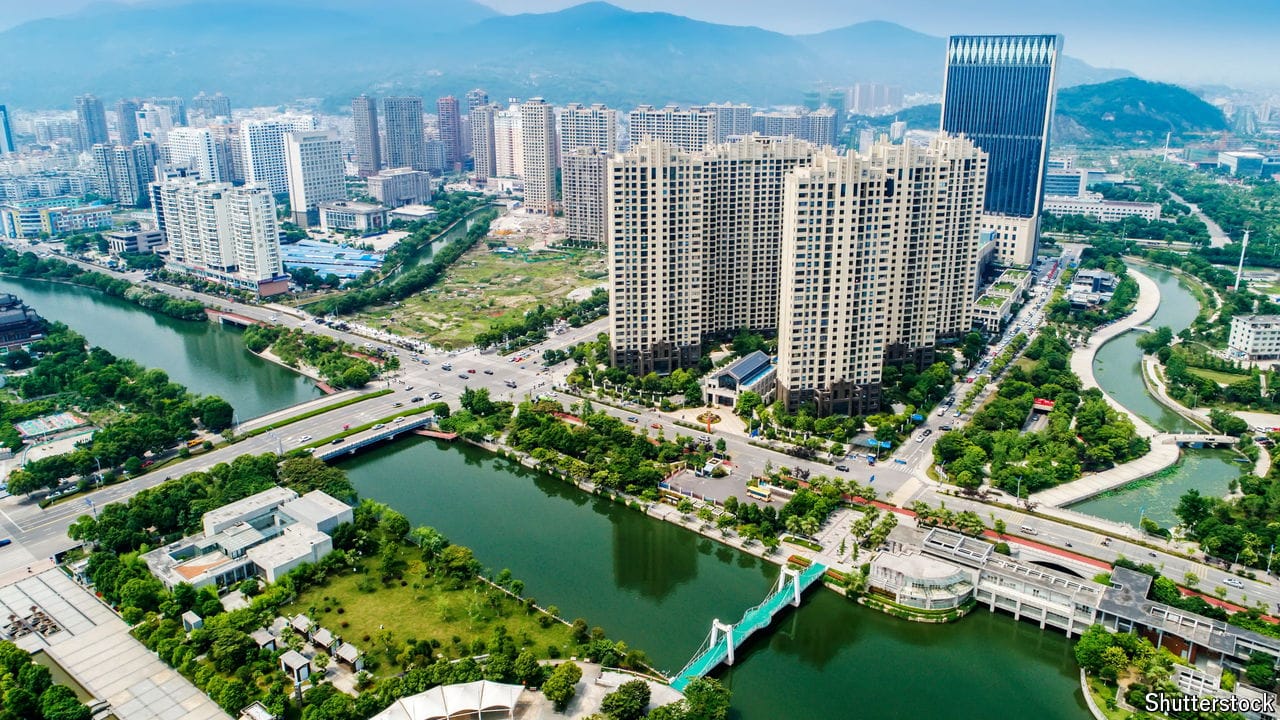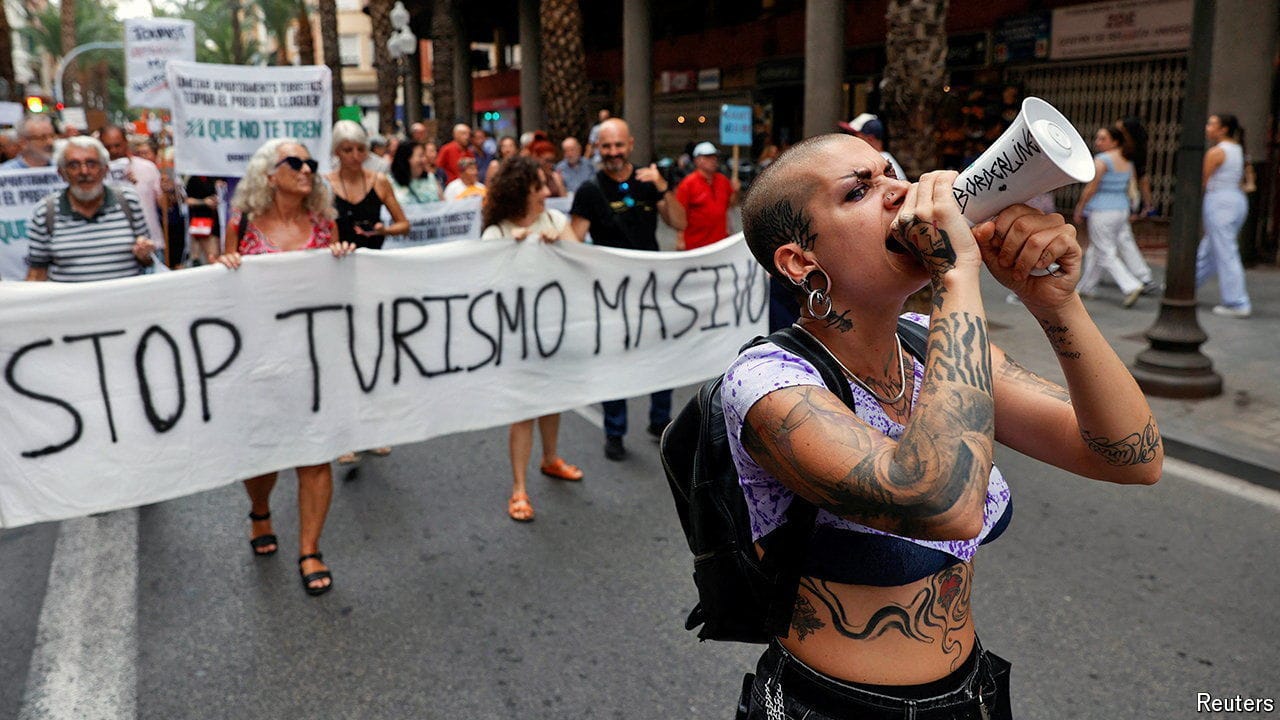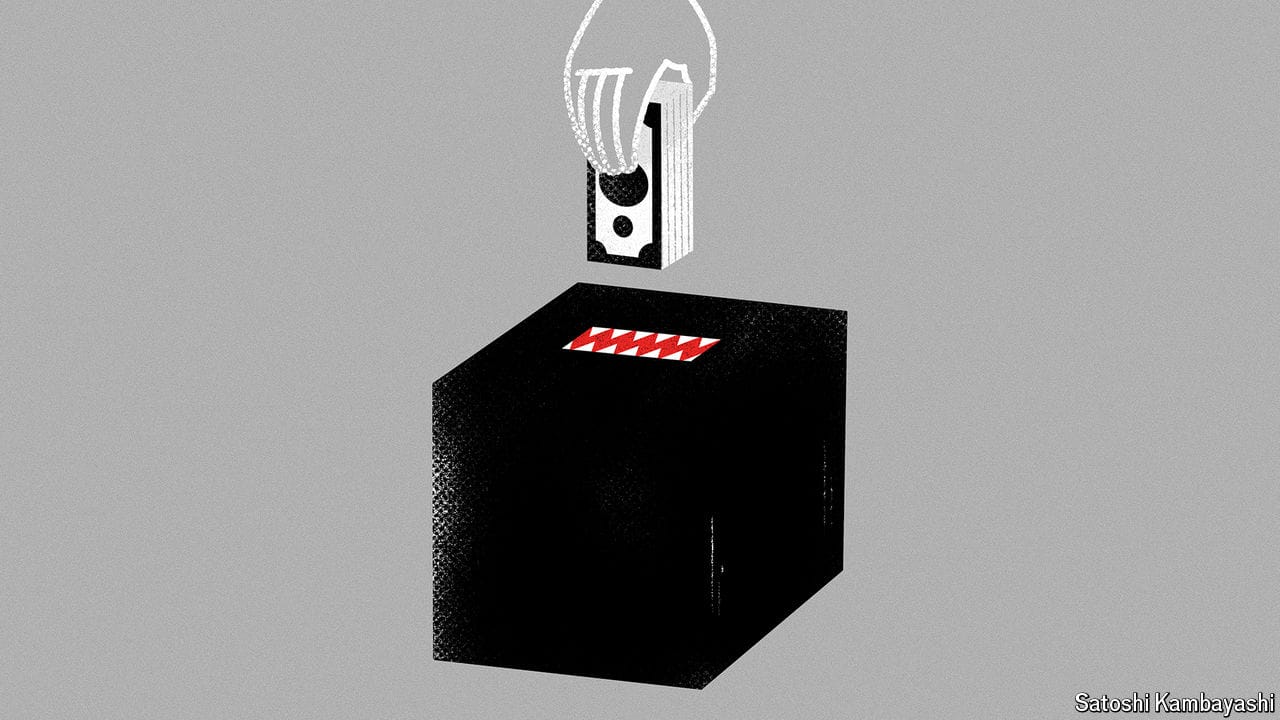Just how Dickensian is China?
Inequality is better than it was. But it doesn’t feel that way

WITH ITS fast trains, super-apps, digital payments and techno-surveillance, China can seem like a vision of the future. But for some scholars, such as Yuen Yuen Ang of the University of Michigan, it is also reminiscent of the past. Its buccaneering accumulation of wealth and elaborate choreography of corruption recall America’s Gilded Age at the end of the 19th century, an era that takes its name from a novel by Mark Twain and Charles Warner.
China, including Hong Kong and Macau, now has 698 billionaires, according to Forbes, almost as many as America (724). The habits of the new rich could fill a novel in the spirit of Twain. Even the non-fiction accounts are outlandish. One billionaire, according to the book “Red Roulette” by Desmond Shum, offered the author’s well-connected wife a $1m ring as a gift. When she refused, he bought two anyway. One businessman remarked to Ms Ang that his neighbour’s dog will only drink Evian. Meanwhile, over 28% of China’s 286m migrant workers lack a toilet of their own. And in parts of rural China, 16-27% of pupils suffer from anaemia, according to a 2016 study, because they lack vitamins and iron.
This article appeared in the Finance & economics section of the print edition under the headline “Black cat, white cat, fat cat, thin cat”
Finance & economics October 2nd 2021
- How a housing downturn could wreck China’s growth model
- China’s new political risk premium
- The latest shock to China’s economy: power shortages
- Can lending controls solve the problem of unaffordable housing?
- Making sense of the chaos in commodity markets
- Two Fed presidents resign after criticism of their investment activities
- Just how Dickensian is China?
- Award: Henry Curr
More from Finance and economics

China’s last boomtowns show rapid growth is still possible
All it takes is for the state to work with the market

What the war on tourism gets wrong
Visitors are a boon, if managed wisely

Why investors are unwise to bet on elections
Turning a profit from political news is a lot harder than it looks
Revisiting the work of Donald Harris, father of Kamala
The combative Marxist economist focused on questions related to growth
Donald Trump wants a weaker dollar. What are his options?
All come with their own drawbacks
Why is Xi Jinping building secret commodity stockpiles?
Vast new holdings of grain, natural gas and oil suggest trouble ahead
